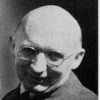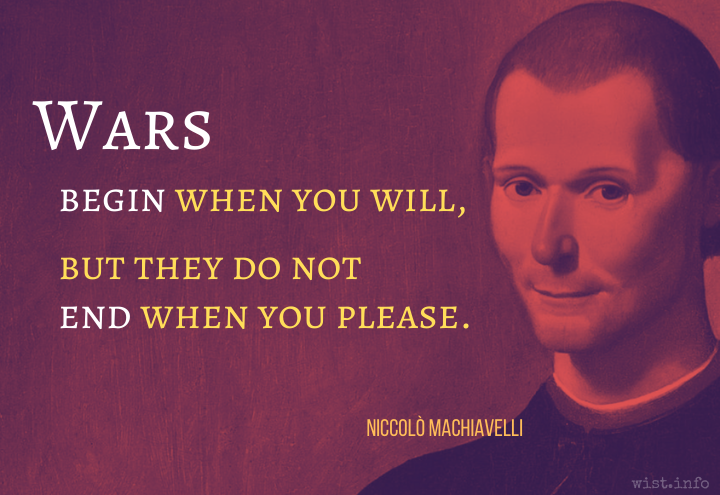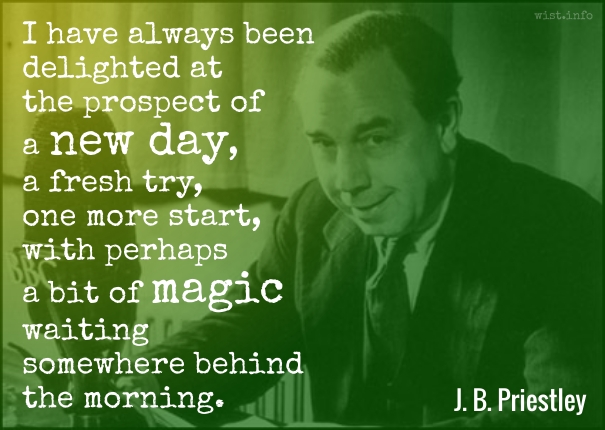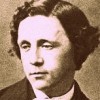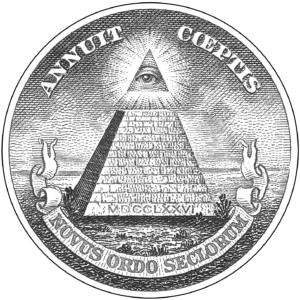There must be a beginning of any great matter, but the continuing unto the end until it be thoroughly finished yields the true glory.
Francis Drake (c. 1540-1596) English explorer, sea captain, politician
Letter to Francis Walsingham, from Sagres, Portugal (17 May 1587)
(Source)
Quotations about:
beginning
Note not all quotations have been tagged, so Search may find additional quotes on this topic.
You can’t go back and change the beginning, but you can start where you are and change the ending.
C. S. Lewis (1898-1963) English writer, literary scholar, lay theologian [Clive Staples Lewis]
(Spurious)
Not found in Lewis' writings, and not considered authentic. There is some similarity to this Lewis quotation. More discussion here:
The beginnings and endings of all human undertakings are untidy: the building of a house, the writing of a novel, the demolition of a bridge, and eminently, the finish of a voyage.
The great majority of men are bundles of beginnings. There is not one who has not felt the sacred fire of virtue many a time kindling up within him. He resolved to read, he resolved to give, he solved to abstain, to speak well, to think in a train, to serve God, to imitate Christ. Something he did toward realizing his purpose — but it was most unlucky time — some very unseasonable circumstances occurred and the good purpose was postponed. Who is there here who does not remember his defeats?
Babies are such a nice way to start people.
Don Herold (1889-1966) American humorist, cartoonist, author
There Ought To Be A Law (1926)
(Source)
Wars begin when you will, but they do not end when you please.
Niccolò Machiavelli (1469-1527) Italian politician, philosopher, political scientist
Florentine Histories, Book 3, ch. 2 (1521-5)
As commonly given, specific translation unknown. Alt. trans.:
- "It is in the power of any man to begin a war, but he cannot end it when he pleases." [tr. Lester (1843)]
- "People may go to war when they will, but cannot always withdraw when they like." [Bohn's Standard Library (1891)]
- "Wars begin at the will of anyone, but they do not end at anyone's will." [tr. Banield and Mansfield (1988), Book 3, ch. 7]
Start now. Start where you are. Start with fear. Start with pain. Start with doubt. Start with hands shaking. Start with voice trembling but start. Start and don’t stop. Start where you are, with what you have. Just … start.
Can anything be sadder than work left unfinished? Yes: work never begun.
Christina Rossetti (1830-1894) English poet
Time Flies: A Reading Diary, “January 5” (1886)
(Source)
Don’t judge each day by the harvest you reap, but by the seeds you plant.
Robert Louis Stevenson (1850-1894) Scottish essayist, novelist, poet
(Spurious)
(Source)
Frequently attributed to Stevenson, but not found in his works.
A tower of nine storeys begins with a heap of earth.
The journey of a thousand li starts from where one stands.
‘Where shall I begin, please your Majesty?’ he asked.
‘Begin at the beginning,’ the King said, gravely, ‘and go on till you come to the end: then stop.’
Smile on this
My bold endeavour.[Audacibus annue coeptis]
Virgil (70-19 BC) Roman poet [b. Publius Vergilius Maro; also Vergil]
Georgics [Georgica], Book 1, l. 40ff (1.40) (29 BC) [tr. Rhoades (1881)]
(Source)
Calling on (now declared divine) Augustus Caesar to bless his poetry. This line, and a similar one in Virgil's Aeneid (9.625), inspired the phrase "Annuit cœptis" ("He [God] has favored our undertakings") on the reverse of the Great Seal of the United States.
(Source (Latin)). Alternate translations:
Aid my bold design.
[tr. Ogilby (1649)]
To my bold Endeavours add thy Force.
[tr. Dryden (1709), l. 60]
Aid my bold design.
[tr. Nevile (1767), l. 50]
Favour my adventurous enterprise.
[tr. Davidson (1854)]
Bid my gallant enterprise succeed.
[tr. Blackmore (1871)]
Favor my bold emprise.
[tr. Wilkins (1873)]
Our bold endeavor bless.
[tr. King (1882)]
Favor my adventurous enterprise.
[tr. Bryce (1897)]
Favour my bold endeavour.
[tr. Mackail (1899)]
Smile on this
My bold endeavour.
[tr. Greenough (1900)]
O smile upon this my bold emprise!
[tr. Way (1912)]
Give assent to my bold emprise.
[tr. Fairclough (Loeb) (1916)]
Be gracious to this my bold design.
[tr. Day-Lewis (1940)]
Condone this enterprise
Of bold experiment.
[tr. Bovie (1956)]
I hope for an easy passage in this bold venture.
[tr. Slavitt (1971)]
Assent to bold undertakings.
[tr. Miles (1980)]
Smile on my enterprise.
[tr. Wilkinson (1982)]
Agree to my bold beginning.
[tr. Kline (2001)]
Assent to this work boldly begun.
[tr. Lembke (2004)]
Bless the boldness of this undertaking.
[tr. Fallon (2006)]
Approve my bold endeavour.
[tr. Johnson (2009)]
Grant me the right to enter upon this bold
Adventure of mine.
[tr. Ferry (2015)]
Look with favor upon a bold beginning.
[Bartlett's]
HARRIS: Why is it that we don’t always recognize the moment when love begins but we always know when it ends?
Steve Martin (b. 1945) American comedian, actor, writer, producer, musician
L. A. Story (1991)
(Source)
BRUTUS: There is a tide in the affairs of men
Which, taken at the flood, leads on to fortune;
Omitted, all the voyage of their life
Is bound in shallows and in miseries.
On such a full sea are we now afloat,
And we must take the current when it serves
Or lose our ventures.William Shakespeare (1564-1616) English dramatist and poet
Julius Caesar, Act 4, sc. 3, l. 249ff (4.3.249-255) (1599)
(Source)
THE CRONE: Can’t say I’ve ever been too fond of beginnings, myself. Messy little things. Give me a good ending any time. You know where you are with an ending.
Neil Gaiman (b. 1960) British author, screenwriter, fabulist
Sandman, Book 9. The Kindly Ones, # 57 “Chapter 1” (1993-02)
(Source)
As the eldest of the Kindly Ones (Fates, Moirai, etc.), the Crone's task, in the aspect of Atropos, is literally to cut the thread at the end of a life.
There will come a time when you believe everything is finished. That will be the beginning.
Louis L'Amour (1908-1988) American writer
Lonely on the Mountain, ch. 1, opening paragraph (1980)
(Source)
Well begun is half done.
Aristotle (384-322 BC) Greek philosopher
Politics [Πολιτικά], Book 5, ch. 4 / 1303b30 [tr. Jowett (1885)]
(Source)
People attribute this to Aristotle largely because Jowett used a contemporary proverb in lieu of what Aristotle wrote: "As the proverb says -- 'Well begun is half done.'" The following alternative translations capture his original meaning more closely:





